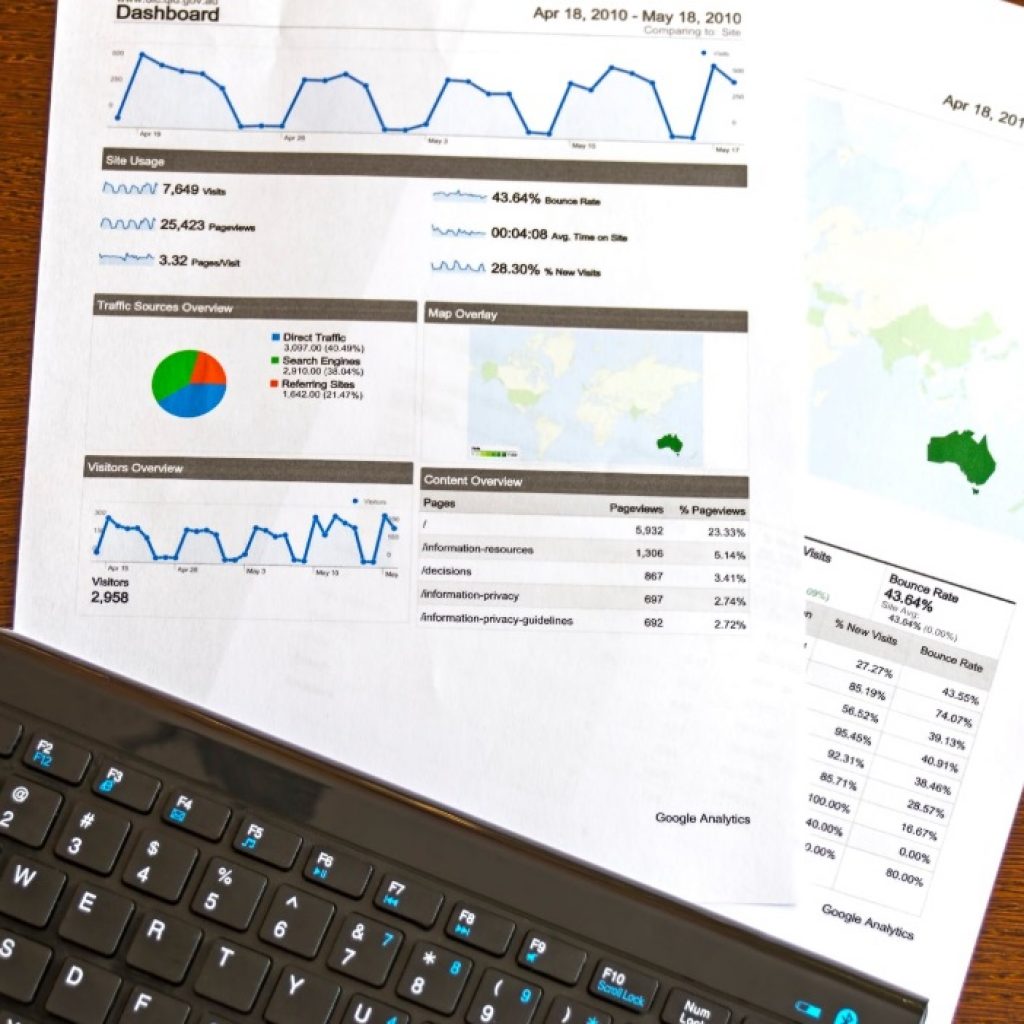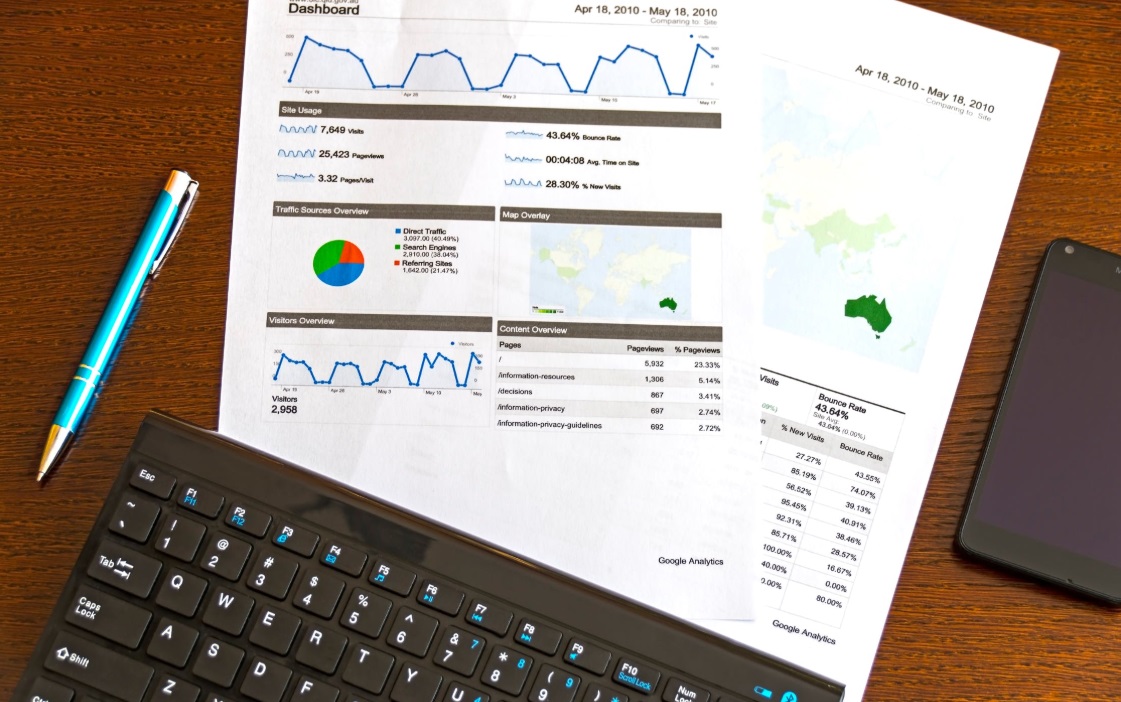
Economic update as of March 4, 2020
Until March, the stock market expansion, in its 11th year, seemed impervious to bad news. Then came the coronavirus! US stocks, as measured by the S&P index, were down 13% by the end of the week and 9% year to date. At the time of writing this article, stocks have recouped some of last week’s losses, but more volatility is anticipated as the markets try to determine the impact of the coronavirus outbreak, both domestically and globally.
The Organization for Economic Cooperation and Development, a Paris-based research organization, revised its global forecast downward from 2.9% to 2.4%. That may not sound like a lot, but it translates to roughly $400 billion in lost economic growth according to the Wall Street Journal. Of course, any forecast at this early stage of the Coronavirus outbreak is pretty much a wild guess.
Economic Update: The Coronavirus and the market
Not only is it unknown what the likely spread of the Coronavirus will be, but also what the impacts will be on economic growth. Additional unknowns include to what extent the impacts are temporary or lasting and how quickly any rebound might occur. Since markets tend to react unfavorably to uncertainty, it is likely that stock volatility will continue until more is known about the virus.
The financial news leading up to the recent correction had been mostly upbeat: the US economy had been growing at a 2% rate, and inflation appeared to be contained. The US unemployment was at 50-year lows. A cease-fire in the trade wars between the US and China was anticipated to boost world trade and economic growth in 2020. Finally, central banks around the world held to a loose monetary policy, providing some stimulus to world economic growth.
Economic Outlook: What’s next for the stock market?
Will market and economic fundamentals support the continued stock market rise, or will the coronavirus continue to drag stocks down? Even before the viral outbreak, valuations appeared stretched.
Central banks appear to be trying to cushion the blow of the coronavirus by lowering interest rates, but it is unclear what help additional monetary easing will do. Although we have been anticipating some sort of correction over the past three years, it is still not certain if the coronavirus scare itself will lead the US into a recession or if this event is a temporary hiccup in the stock market’s rise. Certainly, the US or the world is not immune to a broad negative shock to its economy.
Investing: Our strategies
At CMP, we have consistently emphasized that our investment strategy does not try to anticipate the next market downturn. We understand that this lack of market anticipation may be frustrating to some. Our passive strategy is both simple and boring: stay invested for the long run, remain diversified across asset classes, and rebalance periodically. Although this strategy is unexciting, according to academic research, it does yield the higher returns to the individual investor in the long run.
We also love to educate each client on the strength of their financial projection given key assumptions (e.g., annual spending, life expectancy, etc.). Our conservative projections, which include a “bad timing” scenario, should provide some comfort that your plan will succeed regardless of what the short-term market movements are. To keep invested in the long run, it is important to stay focused on meeting your long-term goals as outlined in your financial projection.
Staying focused on your financial plan and not on the ups and downs of the market will help you tolerate the inevitable market downturn. Additional “coping strategies”, such as building up cash reserves in order to weather a market correction, may also be helpful.
Please let us know if you have questions or concerns about the direction of your portfolio.
Previous economic update:
